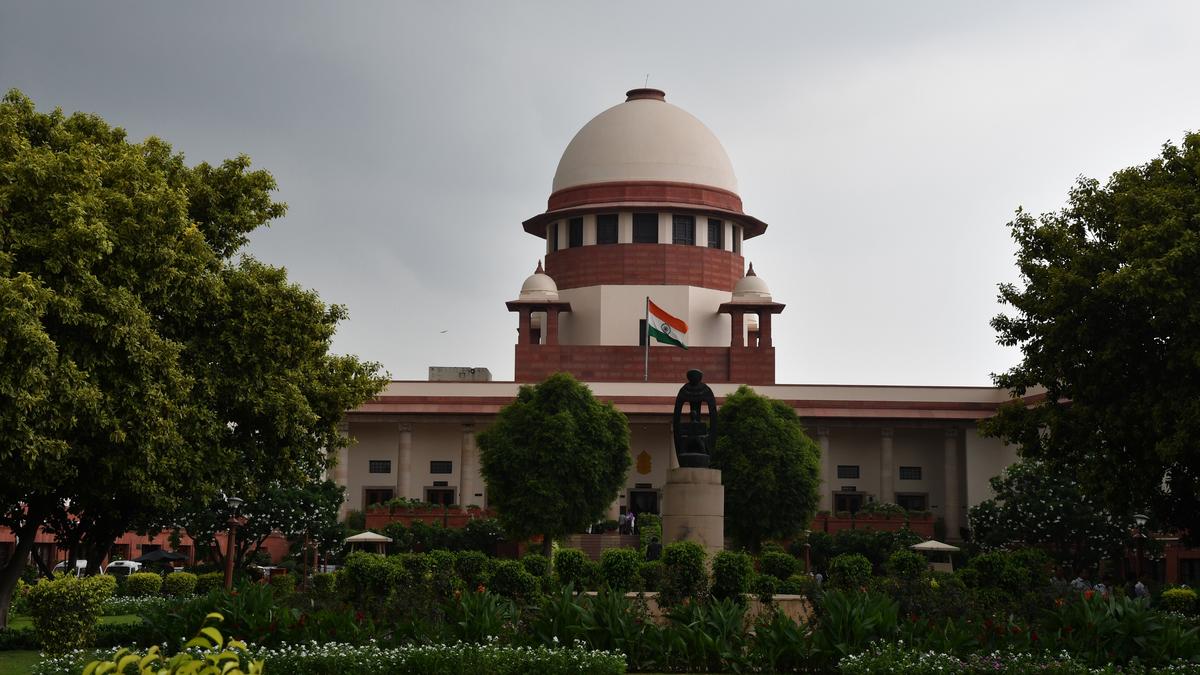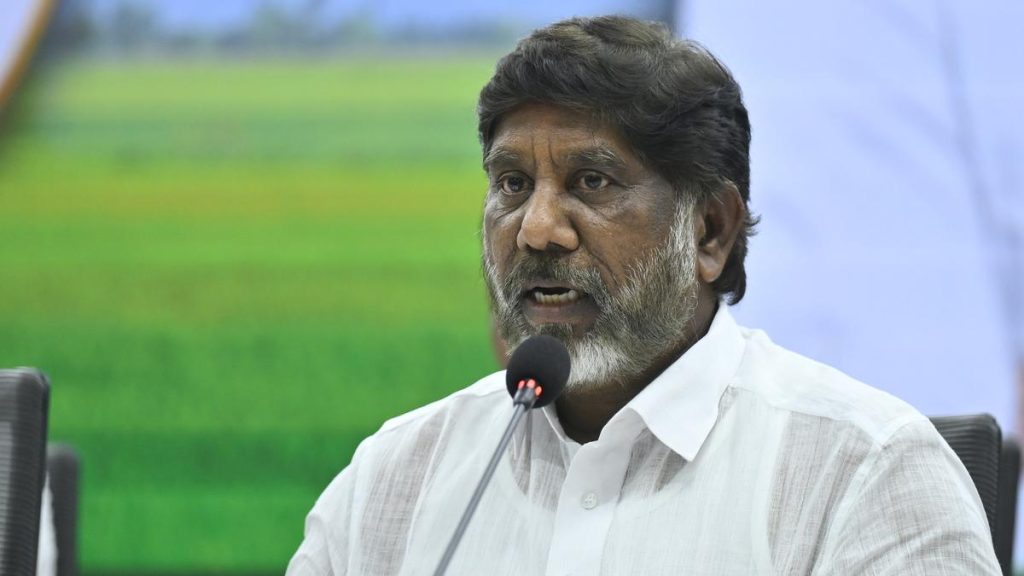Now Reading: Supreme Court: Parliament Decides on Defining Moment of Death
-
01
Supreme Court: Parliament Decides on Defining Moment of Death
Supreme Court: Parliament Decides on Defining Moment of Death

quick Summary
- The Supreme Court of India addressed a petition submitted by Kerala-based doctor S. Ganapathy, alleging that economically disadvantaged patients were prematurely declared ‘brain dead’ to harvest organs.
- A Bench of Justices Surya Kant and Joymalya Bagchi stated that the definition of ‘brain-stem death’ in The Transplantation of Human Organs and Tissues Act, 1994 does not violate Article 21 (right to life) of the Constitution.
- Justice Bagchi cited Section 2(d) and Clause (e) from the Act, emphasizing that irreversible cessation of brain activity marks human death for organ transplantation purposes.
- The Judges referred Dr. Ganapathy to approach medical authorities like AIIMS or governmental ministries with his concerns instead of asking the court to revise legislative definitions.
- Dr. Ganapathy argued against declaring brain-dead individuals as deceased, citing medical observations indicating ongoing systemic functions like blood circulation and cell regeneration in such patients.
- Allegations include a high failure rate due to organ transplants into incompatible recipients.
Indian Opinion Analysis
This case underscores critical questions about defining human death within medical practice and its intersection with ethical considerations surrounding organ transplantation. While the Supreme Court upheld Parliament’s legislative framework embedded in the 1994 Act, it also highlighted its limits in evaluating scientific or medical specifics-redirecting such concerns to specialized institutions.
The court’s stance reinforces legal clarity but also places significant accountability on medical professionals and policymakers for strict adherence and transparent procedures when handling cases involving vulnerable populations. ensuring robust compliance mechanisms could mitigate risks highlighted by Dr. Ganapathy while preserving benefits associated with life-saving organ transplants.
Public policy discussions stemming from this issue should ideally balance advancing healthcare technologies while safeguarding fundamental rights-particularly those concerning marginalized groups impacted disproportionately by procedural ambiguities.






















